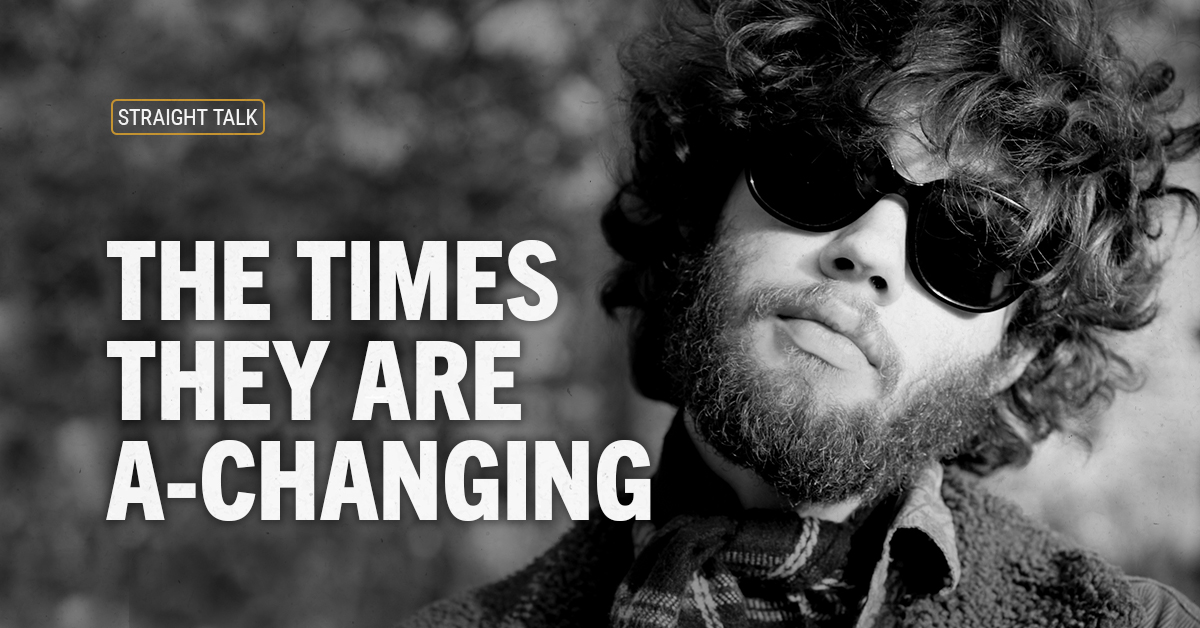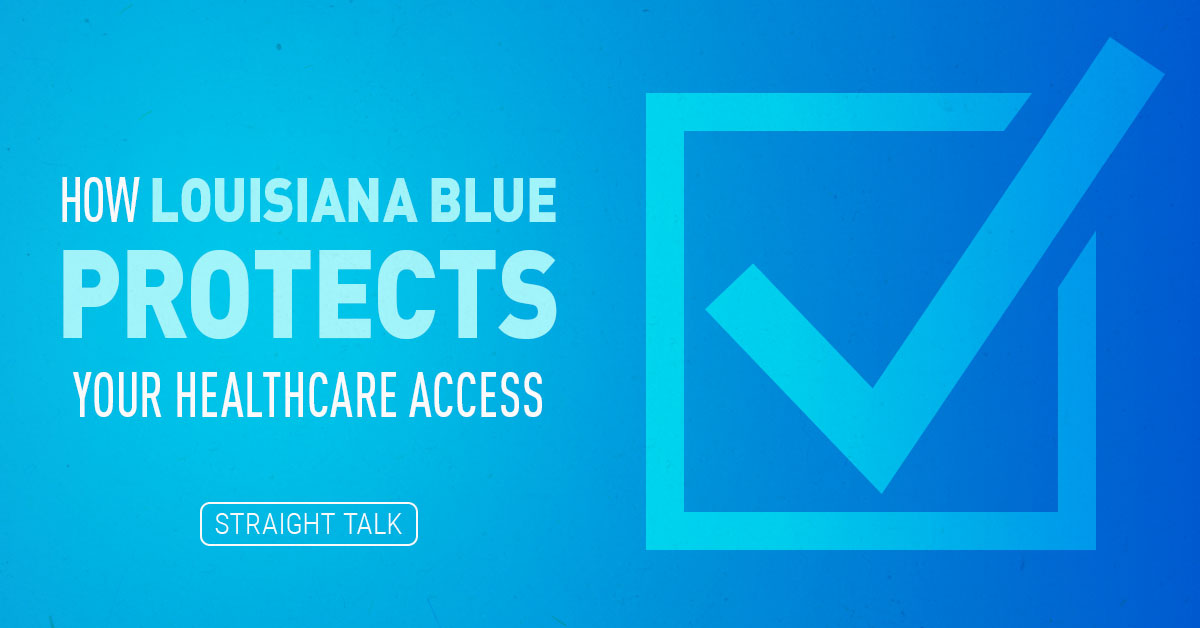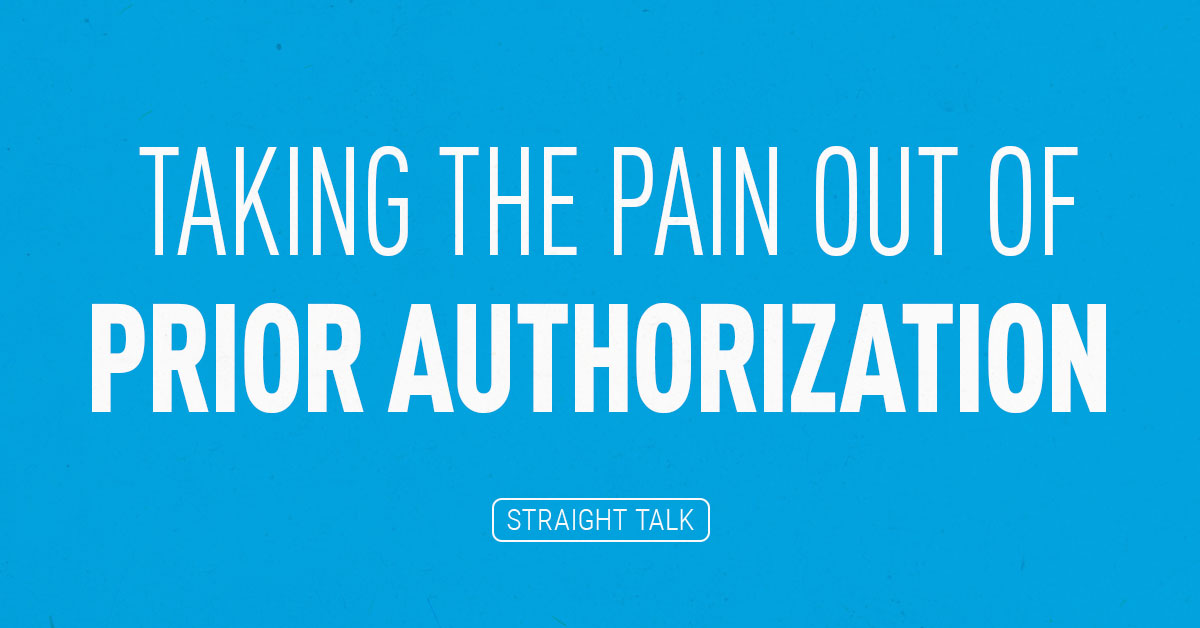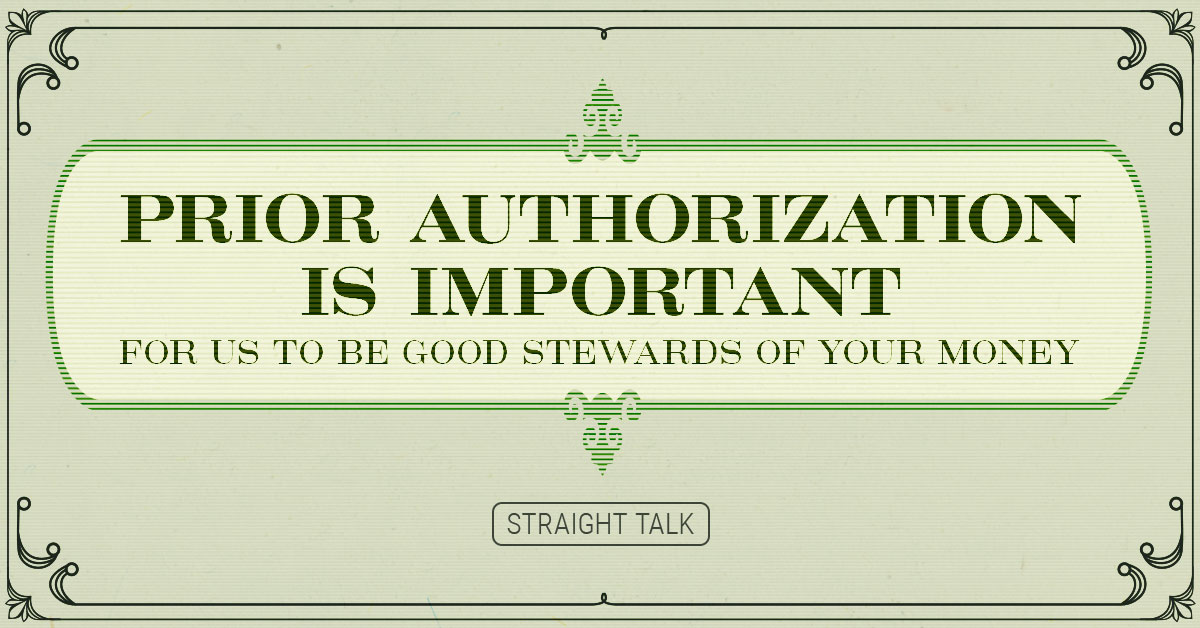COVID-19 Coverage Changes at the End of the Public Health Emergency
It’s been a long, long road, but the federal government officially ended the COVID-19 public health emergency (that began in March 2020) on May 11, 2023. This means some changes to your health coverage related to COVID-19, and we here at Blue Cross and Blue Shield of Louisiana want to make sure you are very clear on what’s changing … and what’s staying the same.
First, Testing…
Starting May 12, 2023, Blue Cross is no longer waiving any member cost-sharing (like deductibles, copays or coinsurance) for all types of COVID-19 tests. These tests may now be subject to prior authorization. This also applies to other services for treating or diagnosing COVID-19, like office visits, lab work, chest X-rays or CT scans. It could also apply to physician and ancillary services, ER visits, urgent care visits or telehealth used in place of an office visit. During the public health emergency, most of these services were provided at no cost to members when they stayed in-network, but now we’re going back to regular charges like pre-pandemic. Going forward, diagnosis and treatment for COVID-19 will work much like when you see the doctor for any other health need.
The reimbursements we were processing for over-the-counter COVID-19 tests have ended, too. Our mail order drug vendor (Express Scripts) also won’t be selling COVID-19 tests through our direct-to-consumer program. You may see these changes whether you have a Blue Cross individual policy or belong to an employer group that provides coverage from us.
But while some coverage is changing, some things we started doing during the pandemic are here to stay.
Your COVID-19 Vaccines and Boosters Are Still Covered $0
We will CONTINUE to waive cost sharing and prior authorizations for COVID-19 vaccines or boosters and continue to waive the vaccine administration fees for members in non-grandfathered plans (which is most of you), at least for a while. If your plan is required to cover preventive and wellness services at $0 under the ACA, no cost sharing will apply for COVID-19 vaccination or boosters when you get them with an in-network provider. You may have to pay if you use an out-of-network provider.
This is similar to how we cover other preventive vaccines or boosters on most health plans, like your yearly flu shot.
The federal government bought large stockpiles of these vaccines and, until they run out, we will continue to waive cost sharing as described above. Once the government runs out of vaccines and we start buying them again, the cost sharing will go back to normal for the shot, and fees for a healthcare provider to give you the injection will be restored.
If your healthcare provider prescribes you an oral antiviral medication, for example Paxlovid, nothing is changing. Our members will continue to pay the applicable dispensing fees and taxes. Once the federal supply of the medications is exhausted, normal drug cost sharing (usually Tier 2) will start to be charged again.
More Telehealth Options Than Ever!
As of Jan. 1, 2023, we made permanent changes to our telehealth policies to include more healthcare services and provider types within our network. Those are covered within the following areas based on health plan and applicable cost share:
- Office & Outpatient Visits
- Wellness & Preventive Visits
- Behavioral Health
- Applied Behavioral Analysis
- Physical Therapy, Occupational Therapy & Speech Therapy
- Preventive Medicine Counseling
- Transitional Care Management
- Diabetes Management
- Dietary & Nutritional Therapy
- Obesity Counseling
- Alcohol & Substance Abuse Screening
- Smoking Cessation & Tobacco Counseling
- Sexually Transmitted Infections & High-intensity Behavioral Counseling
This change applies for all lines of business – fully insured group and individual and self-funded group members.
Changes for School Boards:
A Louisiana law that required school boards to permit employees to enroll in health coverage on the first day of their hiring has ended as of May 11, 2023. Affected school boards have returned to their pre-COVID-19 eligibility and enrollment requirements. For example, some school boards make new employees eligible for insurance on the first of the month following 30 days of employment. Other school boards may have different eligibility requirements and enrollment windows for new employees.
As you can see, the COVID-19 emergency triggered a lot of changes in the way health insurance and healthcare were provided and paid for. Most of these changes are going back to the pre-pandemic way of doing business.
You can find more information about the changes and the timing at www.BCBSLA.com/COVID19.
Straight Talk is, things are rapidly returning to normal with the formal end of the Public Health Emergency. It’s a good idea to keep on top of these changes and how health services are covered on your plan because COVID-19 is still out there and still making a few of us sick every day.





Leave a Reply